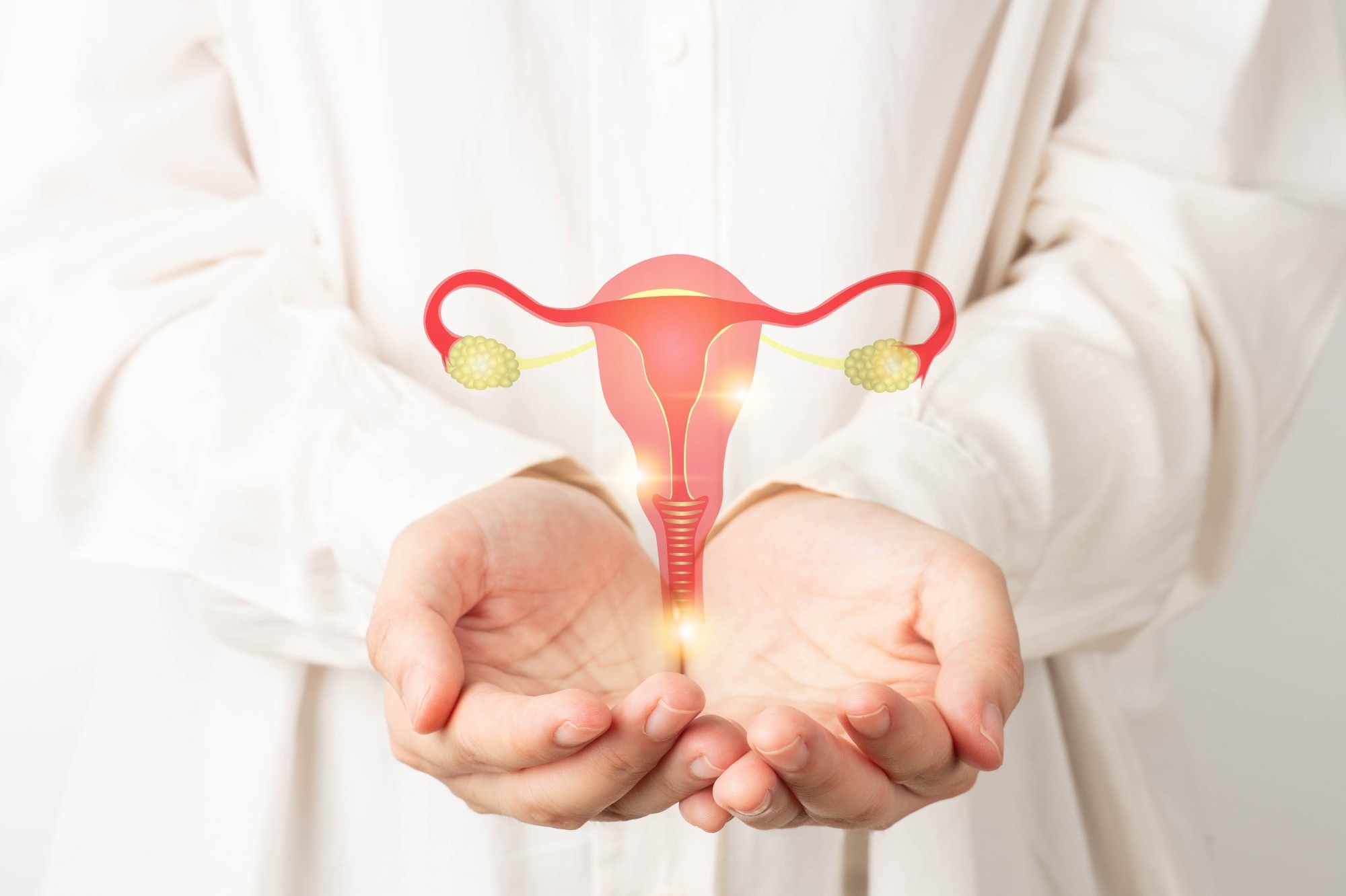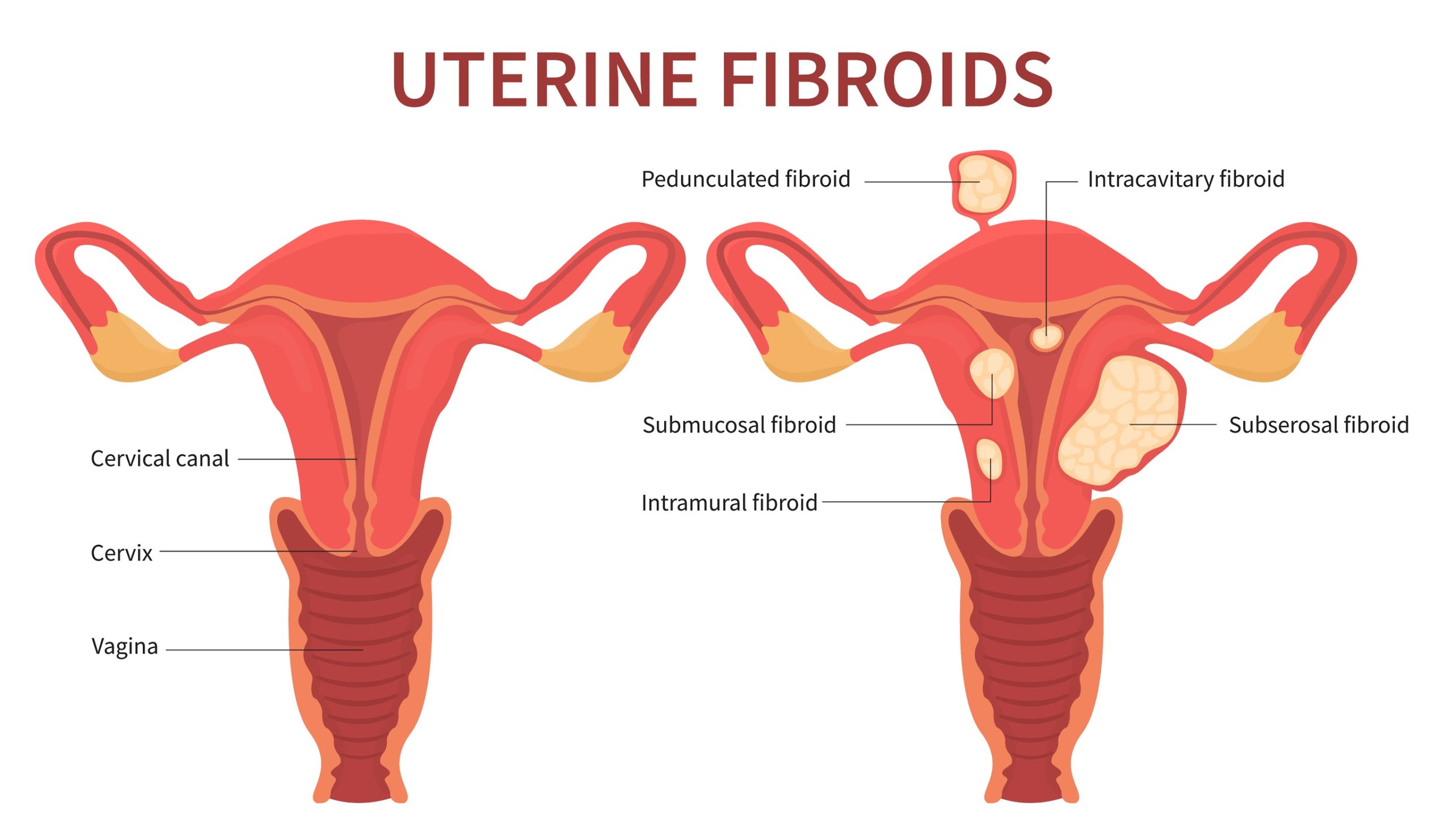Ayurvedic Approaches to Managing Gynecologic Disorders
Gynecologic disorders can significantly impact a woman’s health and quality of life, affecting various aspects of reproductive and menstrual health. In Ayurveda, the ancient system of medicine from India, gynecologic disorders are understood as imbalances in the body’s doshas (Vata, Pitta, and Kapha) and dhatus (tissues). Ayurvedic treatments aim to restore balance and promote overall well-being by addressing the root cause of these disorders.
- Menstrual Irregularities: Irregular menstrual cycles, characterized by variations in cycle length, flow, or duration, are common gynecologic issues that many women face. According to Ayurveda, irregularities in menstrual cycles are often linked to imbalances in Vata dosha. Ayurvedic treatments for menstrual irregularities may include:
- Herbal Remedies: Herbs such as Shatavari, Ashoka, and Lodhra are commonly used in Ayurveda to regulate menstrual cycles, reduce pain, and balance hormonal levels.

- Dietary Modifications: Consuming warm, nourishing foods and avoiding cold, processed foods can help balance Vata dosha and support menstrual health.
- Stress Management: Practices such as yoga, meditation, and pranayama (breathing exercises) help reduce stress levels and promote hormonal balance.
- Polycystic Ovary Syndrome (PCOS): PCOS is a common endocrine disorder characterized by hormonal imbalances, irregular menstrual cycles, and the presence of ovarian cysts. Ayurvedic approaches to managing PCOS focus on reducing excess Kapha and Pitta doshas, which are believed to contribute to the condition. Ayurvedic treatments for PCOS may include:
- Herbal Remedies: Herbs such as Ashwagandha, Shatavari, and Guduchi are used to regulate menstrual cycles, balance hormones, and support ovarian function.

- Lifestyle Modifications: Maintaining a healthy lifestyle with regular exercise, stress management, and a balanced diet is essential for managing PCOS symptoms.
- Detoxification Therapies: Panchakarma, a comprehensive detoxification therapy in Ayurveda, can help remove toxins from the body and restore hormonal balance.
- Uterine Fibroids: Uterine fibroids are non-cancerous growths in the uterus that can cause heavy menstrual bleeding, pelvic pain, and reproductive issues. Ayurvedic treatments for uterine fibroids aim to reduce excess Kapha and Vata doshas and shrink the fibroids naturally. Ayurvedic approaches to managing uterine fibroids may include:
- Herbal Remedies: Herbs such as Triphala, Guggulu, and Musta are used to reduce inflammation, shrink fibroids, and improve uterine health.

- Dietary Changes: Avoiding processed foods, excess sugar, and caffeine can help reduce inflammation and support hormonal balance.
- External Therapies: Abhyanga (Ayurvedic massage) with warm herbal oils and steam therapy can help improve circulation, reduce pelvic congestion, and alleviate symptoms associated with uterine fibroids.
In conclusion, Ayurveda offers holistic approaches to managing gynecologic disorders by addressing the underlying imbalances in the body’s doshas and promoting overall well-being. By incorporating herbal remedies, dietary modifications, lifestyle changes, and specialized therapies, women can find relief from gynecologic issues and improve their reproductive health naturally.


